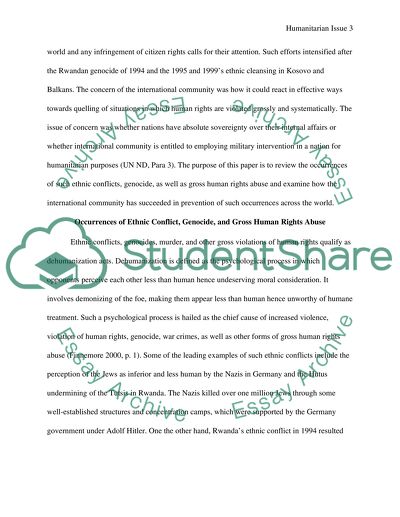Cite this document
(“Humanitarian Issue Essay Example | Topics and Well Written Essays - 2250 words”, n.d.)
Retrieved from https://studentshare.org/sociology/1395101-humanitarian-issue-essay
Retrieved from https://studentshare.org/sociology/1395101-humanitarian-issue-essay
(Humanitarian Issue Essay Example | Topics and Well Written Essays - 2250 Words)
https://studentshare.org/sociology/1395101-humanitarian-issue-essay.
https://studentshare.org/sociology/1395101-humanitarian-issue-essay.
“Humanitarian Issue Essay Example | Topics and Well Written Essays - 2250 Words”, n.d. https://studentshare.org/sociology/1395101-humanitarian-issue-essay.


